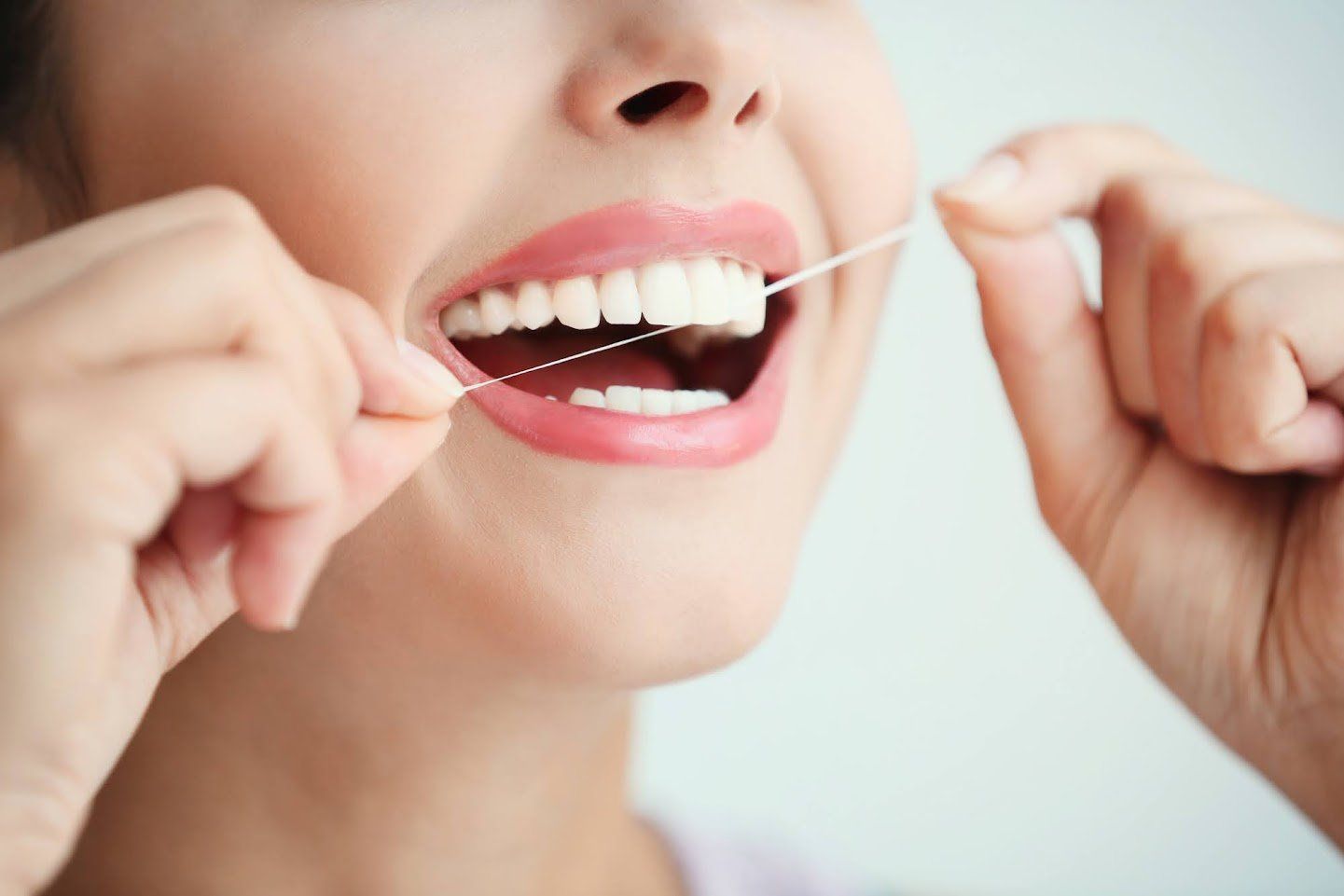How Often Should You Go for Teeth Cleaning?

Regular teeth cleanings reduce your risk for gum disease and cavities and enhance your oral health. You may have heard about the twice-a-year recommendation and wondered if it is right for you. The frequency of dental cleanings depends on many factors, including your lifestyle and dental history.
Why Is Teeth Cleaning Necessary?
When food particles mix with saliva, a sticky film of bacteria called plaque forms on your teeth. Daily brushing removes most of the plaque, but some food particles get stuck between your teeth.
Over time, leftover plaque hardens to form tartar, which a toothbrush cannot easily remove. Tartar appears as yellow or brown buildup at or underneath the gum line. Your gums may bleed and appear swollen, signaling the onset of gingivitis that progresses to gum disease if left unchecked. Gingivitis symptoms include receding gums, bad breath, and tender gums.
During a professional cleaning, your dentist scrapes tartar above and below the gum line and applies a fluoride treatment for teeth strengthening. They also remove trapped food particles to discourage the advancement of gum disease.
How Frequently Should You Get Your Teeth Cleaned?
Dentists have no hard evidence as to how frequently people need dental cleanings. Most private insurers cover two cleanings annually, and dentists recommend cleanings every six months. However, depending on your risk factors, you may require more or fewer cleanings.
The American Dental Association has no frequency recommendation for dental cleanings. Instead, the organization mandates dentists to determine each patient's teeth cleaning requirements. People with good dental hygiene and health may only need one cleaning a year, while others require cleaning intervals of three months. So, consult your dentist to help you schedule an appropriate cleaning timetable.
Who Needs More Frequent Cleanings?
High-risk dental patients require frequent cleanings at a dentist's office. The risk factors include:
Smoking
Smoking makes it more difficult to remove tartar and plaque from teeth, which increases your risk for gum disease and tooth loss. Smokers require a strict oral care regimen that includes consistent brushing and flossing, toothpaste made specifically for smokers, and frequent cleanings.
Your dentist cleans out plaque and dirt while also inspecting your mouth for additional issues, such as oral cancer and gum disease. You can improve your oral health by committing to routine cleanings, which also provide your dentist the best chance to identify problems early on before they turn into severe problems.
Sugar-Rich Foods
A sugar-rich diet damages your oral health because the bacteria forming plaque feeds on sugar. When you consistently eat a lot of sugar, the bacteria multiply quickly and colonize your mouth. While regular brushing and flossing remove much of the sugar, the leftover deposits encourage plaque and tartar buildup, placing you at risk for tooth decay. So, adopt a healthier diet and go for regular cleanings to protect your teeth.
Gum Disease
If you have gingivitis, your dentist will most likely manage it with regular teeth cleanings. The procedure removes plaque and tartar to stop the advancement of gum disease and prevent your gums from receding.
In advanced gum disease cases, bacteria migrate below the gum line and cause gum irritation and swelling. The space between the gums and teeth broadens if the gum disease is untreated, leaving you at risk for tooth loss. Frequent cleanings remove these bacteria colonies to combat gum disease and protect your gums.
Poor Dental Hygiene
The best strategy to avoid gum disease, according to dentists, is to brush and floss your teeth every day. However, people slack due to busy schedules and other issues. Schedule a dental cleaning to remove plaque buildup if you have neglected your oral health.
At Davis & Beyer Dental Health Professionals, we believe in personalized dental care as it gives the best health outcomes. Contact us today for customized dental treatments.







